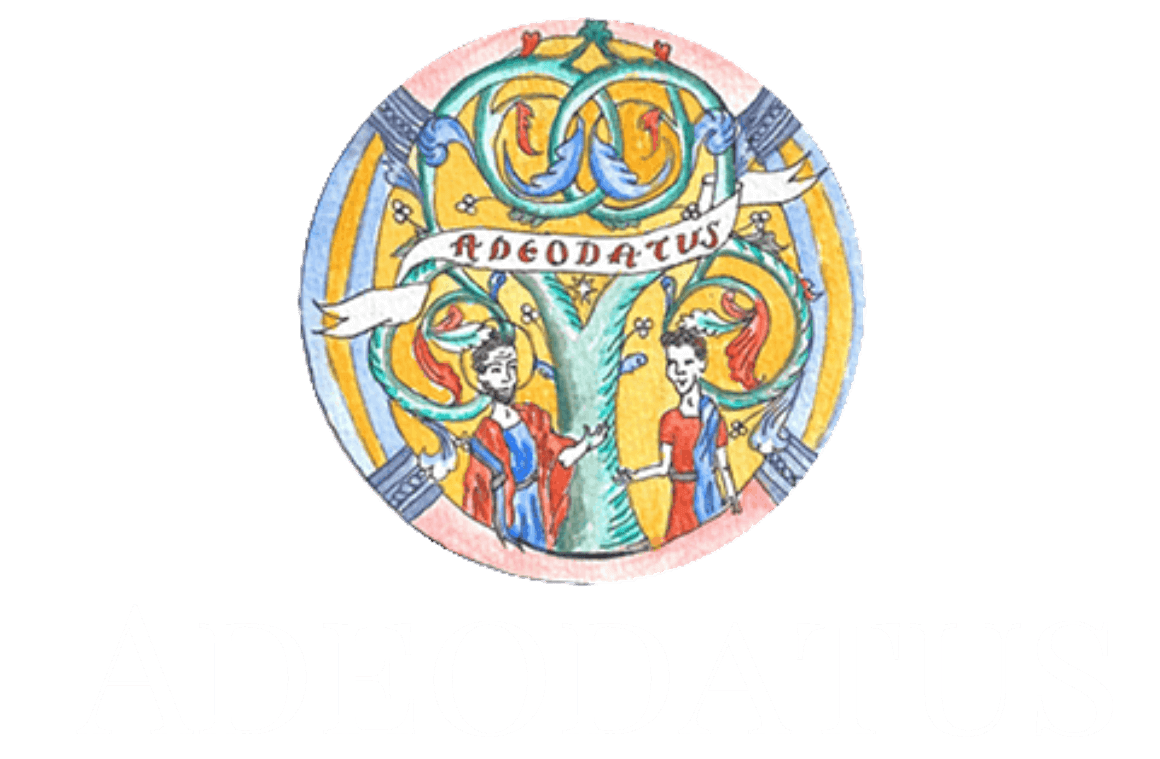Cardinal John Henry Newman: On the Brink of Becoming a Doctor of the Church
The title Doctor of the Church is one of the highest honors within the Catholic tradition, reserved for saints whose teachings and writings have had a profound and lasting impact on Christian theology and doctrine. Over the centuries, only a select few—such as St. Augustine, St. Thomas Aquinas, and St. Teresa of Ávila—have received this prestigious designation. Now, the Church is preparing to officially declare Cardinal John Henry Newman as a Doctor of the Church, recognizing his immense contribution to Catholic thought, education, and spirituality.
Who Was Cardinal John Henry Newman?
John Henry Newman (1801–1890) began his religious journey as an Anglican priest and scholar at Oxford. A key leader of the Oxford Movement, Newman sought to restore the Catholic heritage within the Church of England. Through deep theological reflection and prayer, he converted to the Roman Catholic Church in 1845.
Ordained a Catholic priest and later made a cardinal by Pope Leo XIII in 1879, Newman remained a prolific writer, preacher, and thinker. His influence spans theology, philosophy, education, and spiritual formation. Beatified by Pope Benedict XVI in 2010 and canonized by Pope Francis in 2019, Newman’s life and work have continued to inspire Catholics worldwide.
What Does It Mean to Be a Doctor of the Church?
The title Doctor of the Church is granted only to saints whose teachings demonstrate:
-
Outstanding personal holiness
-
Deep, orthodox theological insight
-
Universal relevance to the life of the Church
There are currently 37 Doctors of the Church, each recognized for their exceptional influence on Catholic doctrine and spirituality. Cardinal Newman clearly fulfills all these criteria, making his formal declaration as a Doctor of the Church both fitting and eagerly anticipated.
Newman’s Theological and Spiritual Contributions
Among Newman’s most important works are:
-
The Idea of a University — outlining the purpose and philosophy of Catholic education
-
Apologia Pro Vita Sua — his spiritual autobiography defending his conversion
-
Essay on the Development of Christian Doctrine — explaining how Church doctrine can develop while remaining faithful to apostolic tradition
-
Grammar of Assent — exploring the nature of religious belief
-
Letter to the Duke of Norfolk — a profound defense of conscience against state interference
Newman’s concept of the “development of doctrine” revolutionized how the Church understands growth in its teachings—not as change, but as a deeper unfolding of truth. His view of conscience as the “aboriginal Vicar of Christ” highlights its essential role in moral decision-making, a concept central to modern Catholic moral theology.
Why Newman Is Now Being Declared a Doctor of the Church
The Church’s upcoming formal declaration of Newman as a Doctor of the Church acknowledges several key reasons:
-
Theological brilliance: Newman’s integration of faith, reason, history, and spirituality continues to influence popes, theologians, and lay Catholics.
-
Holiness of life: Newman’s humility, prayerfulness, and pastoral care exemplify saintly virtue.
-
Timeless relevance: His teachings on conscience, education, and the role of the laity address contemporary challenges in the Church and society.
-
Global impact: Though English by birth, Newman’s writings resonate worldwide, inspiring countless Catholic schools, universities, and believers.
-
Educational legacy: Newman’s vision of education as formation of the whole person shapes Catholic institutions today.
Support from the Popes and the Church
This recognition is underscored by the support of recent popes:
-
Pope John Paul II called Newman a “great intellectual and spiritual figure” and encouraged deeper study of his works.
-
Pope Benedict XVI beatified Newman in 2010 and referred to him as a “Doctor of the Church in waiting.”
-
Pope Francis canonized Newman in 2019, praising his prophetic insight and continuing relevance.
With this strong papal endorsement, Cardinal Newman’s declaration as a Doctor of the Church is imminent and well deserved.
A Doctor of the Church for Our Time
Cardinal Newman’s life and thought uniquely bridge tradition and modernity, faith and reason, Church and world. As he is officially named a Doctor of the Church, Newman will join the ranks of saints whose teachings guide and illuminate Catholic belief and practice for generations to come.
His formal recognition will not only honor his legacy but will also make his profound insights more accessible and authoritative within the Church’s teaching mission.
Conclusion
Cardinal John Henry Newman’s impending declaration as a Doctor of the Church is a momentous event. His journey from Anglican scholar to Catholic cardinal, his theological genius, his holiness, and his passion for education and conscience make him an exemplary Doctor of the Church for the modern era. As the Church prepares to bestow this title upon him, Newman’s legacy will shine even brighter, offering a beacon of faith, reason, and holiness to the entire Catholic world.
